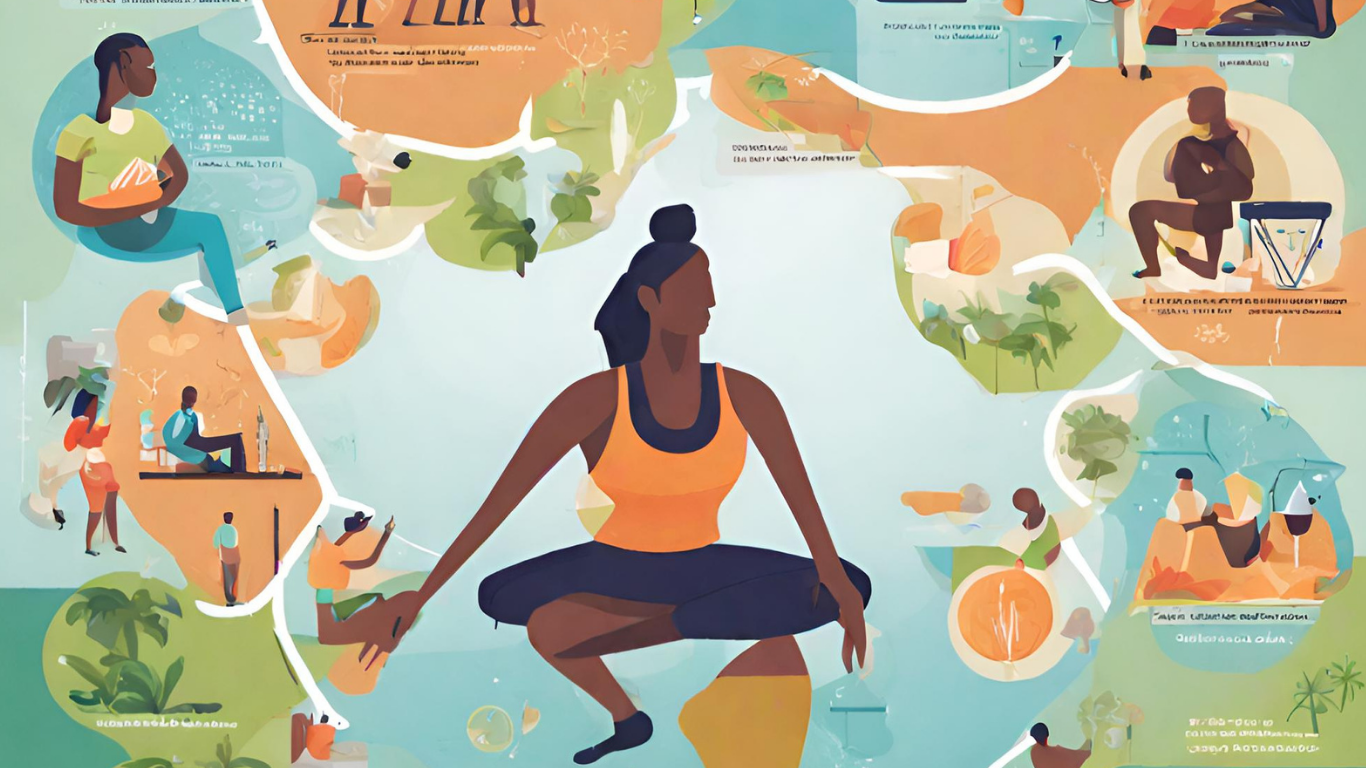Amidst the ever-changing landscape of global health challenges, Africa stands at the forefront of innovation and collaboration in promoting health and wellness. The continent’s diverse cultures, rich resources, and dynamic communities have spurred the emergence of a vibrant ecosystem of health and wellness conferences. These gatherings serve as vital platforms for sharing knowledge, best practices, and solutions to address pressing health issues facing Africa and the world. In this comprehensive guide, we embark on a journey to navigate the landscape of health and wellness conferences in Africa, exploring key events, trends, and opportunities that are shaping the future of healthcare on the continent. Navigating Health and Wellness Conferences in Africa.
Table of Contents:
- The Significance of Health and Wellness Conferences in Africa
- Exploring Health and Wellness Conference Themes
- Leading Health and Wellness Conferences in Africa
- Success Stories and Impact of Health and Wellness Conferences
- Challenges and Opportunities in Health and Wellness Conferencing
- Strategies for Maximizing Participation and Engagement
- Conclusion: Paving the Way for Health and Wellness in Africa
The Significance of Health and Wellness Conferences in Africa:
Health and wellness conferences play a crucial role in Africa’s efforts to address complex health challenges, promote preventive care, and improve healthcare delivery systems. With rising concerns about infectious diseases, non-communicable diseases, and access to healthcare services, these conferences serve as catalysts for collaboration, innovation, and advocacy.
Exploring Health and Wellness Conference Themes:
Health and wellness conferences in Africa cover a wide range of themes and topics, including:
- Infectious Diseases: Strategies for preventing, diagnosing, and treating diseases such as malaria, HIV/AIDS, tuberculosis, and COVID-19.
- Non-communicable Diseases: Addressing the growing burden of chronic diseases such as diabetes, cardiovascular diseases, and cancer through prevention, early detection, and management.
- Maternal and Child Health: Improving Maternal and child health outcomes through prenatal care, immunization programs, and access to essential healthcare services.
- Mental Health and Well-being: Promoting mental health awareness, reducing stigma, and providing support and resources for individuals living with mental health conditions.
- Nutrition and Lifestyle: Educating communities about healthy eating habits, physical activity, and lifestyle choices to prevent obesity, malnutrition, and lifestyle-related diseases.
Leading Health and Wellness Conferences in Africa:
Several prominent conferences focus on health and wellness in Africa, including:
- Africa Health Exhibition and Congress: This annual event brings together healthcare professionals, policymakers, and industry stakeholders to discuss the latest trends and innovations in healthcare delivery, technology, and patient care.
- African Conference on Emergency Medicine: The ACEM conference focuses on improving emergency medical services, trauma care, and disaster preparedness in Africa through education, research, and collaboration.
- Africa Mental Health Summit: This summit addresses the challenges and opportunities in mental health care delivery, advocacy, and policy development in Africa, with a focus on promoting mental well-being and reducing stigma.
Success Stories and Impact of Health and Wellness Conferences:
Health and wellness conferences in Africa have led to numerous success stories and tangible outcomes, including:
- Improved healthcare infrastructure: Conferences have catalyzed investments in healthcare facilities, equipment, and technologies to improve access to quality care in underserved communities.
- Strengthened healthcare workforce: Conferences have provided opportunities for training, capacity building, and professional development for healthcare workers, leading to improved clinical outcomes and patient satisfaction.
- Enhanced collaboration and partnerships: Conferences have facilitated collaborations between governments, NGOs, academia, and the private sector to address complex health challenges and promote sustainable solutions.
Challenges and Opportunities in Health and Wellness Conferencing:
While health and wellness conferences in Africa have made significant strides, they also face challenges such as:
- Limited funding and resources: Many conferences struggle to secure adequate funding and resources to cover expenses such as venue rental, speaker fees, and marketing.
- Accessibility and inclusivity: Some conferences may be inaccessible to marginalized communities due to factors such as location, cost, and language barriers.
- Sustainability and impact: Ensuring that conferences have a lasting impact beyond the event itself requires careful planning, evaluation, and follow-up activities.
However, these challenges also present opportunities for innovation, collaboration, and resource mobilization to address critical health issues and promote health equity in Africa.
Strategies for Maximizing Participation and Engagement:
To maximize participation and engagement in health and wellness conferences in Africa, organizers can implement various strategies, including:
- Offering virtual attendance options and live streaming sessions to reach a wider audience.
- Providing scholarships or discounted tickets for students, healthcare workers, and community members from underserved areas.
- Incorporating interactive formats such as panel discussions, workshops, and networking events to encourage participation and knowledge sharing.
- Leveraging social media and digital platforms to promote the conference, engage attendees, and facilitate networking before, during, and after the event.
Paving the Way for Health and Wellness in Africa Health and wellness conferences in Africa play a crucial role in advancing the continent’s health agenda, promoting collaboration, innovation, and advocacy to improve health outcomes and well-being for all. By embracing the opportunities presented by these conferences and addressing the challenges they face, stakeholders can pave the way for a healthier, more resilient Africa. Together, we can work towards building a future where everyone has access to quality healthcare, and no one is left behind. Navigating Health and Wellness Conferences in Africa

